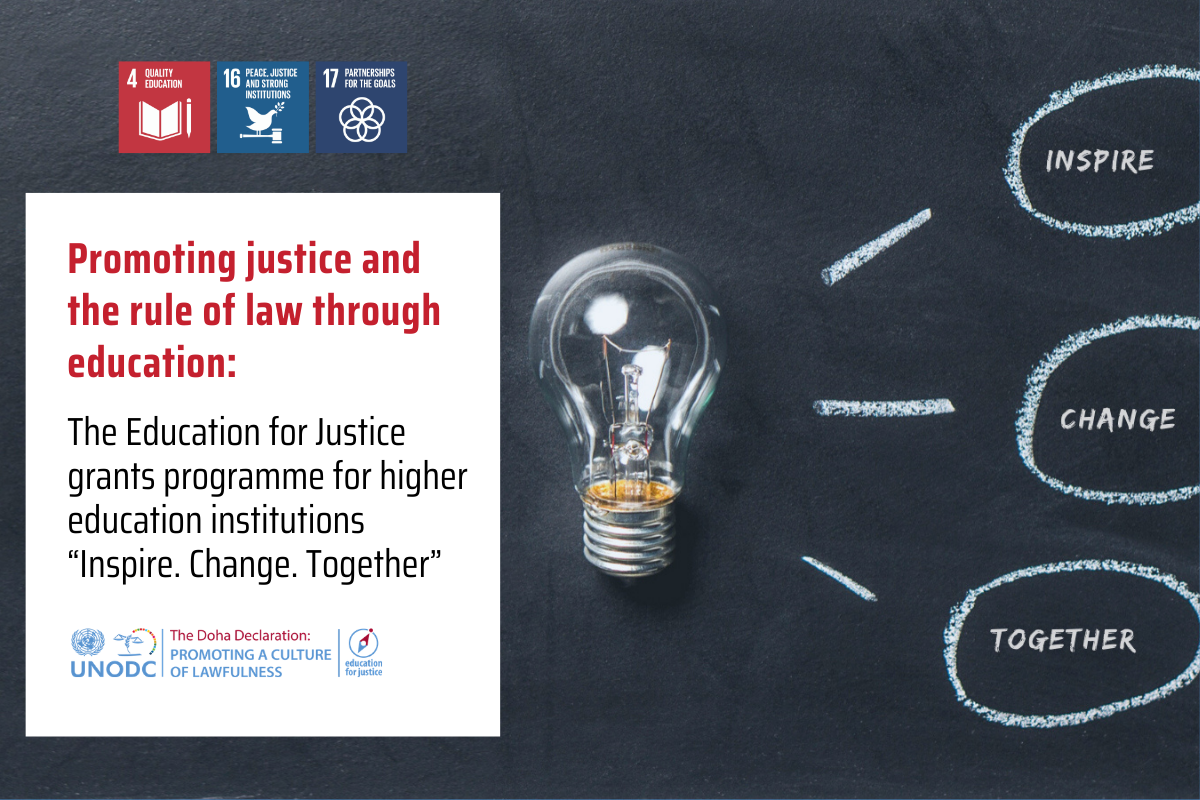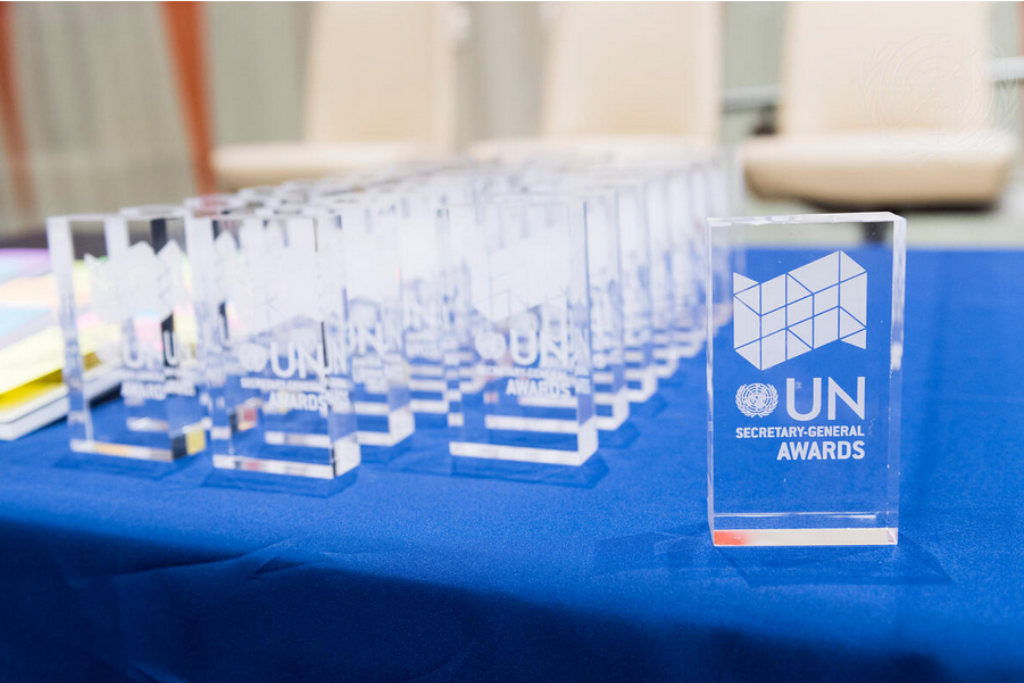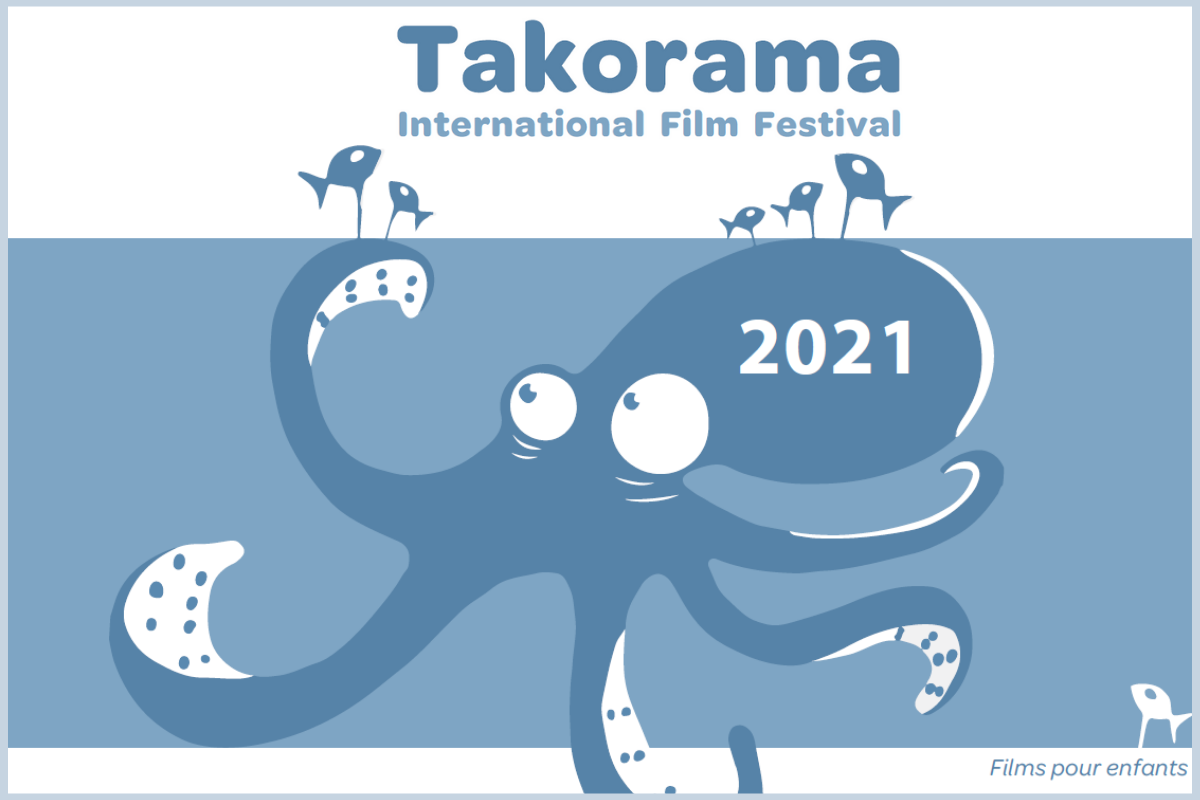UN entities discuss human rights education in Geneva
2 June 2017 - The Education for Justice (E4J) initiative took part in a discussion in Geneva on the role of human rights education (HRE) in advancing the Education 2030 Agenda. The Seminar, entitled " How Can Human Rights Education and Training be Promoted through the Education 2030 Agenda, especially Target 4.7?", brought together key United Nations entities for a round-table on their respective education programmes. Aside from the United Nations Office on Drugs and Crime, the other UN bodies included the Office of the High Commissioner for Human Rights (OHCHR) and the United Nations Educational, Scientific and Cultural Organization (UNESCO).
With the adoption of the Sustainable Development Goals, education has gained a more prominent place in development discussions. The targets under SDG 4 focus not only on access to education, but also on its substance and quality. In particular, target 4.7 calls upon Member States to "ensure that all learners acquire the knowledge and skills needed to promote sustainable development, including […] human rights, gender equality, promotion of a culture of peace and non-violence..."
In this context, the Seminar focused on synergies between the various education programmes and how the Education 2030 Agenda addresses human rights education. In his opening remarks, Ambassador Maurizio Serra, Permanent Representative of Italy, highlighted the work of the States Platform on Human Rights Education and Training, which is co-chaired with Brazil, in bringing cross-regional perspectives into human rights education.
The Director of UNESCO's Geneva Liaison Office, Mr Abdulaziz Almuzaini, emphasized the role of human rights education in providing skills and values with which to tackle the challenges of the 21 st Century.
The event was chaired by Ms Claire de Lavernette ( OIDEL), chair of the NGO Working Group on Human Rights Education and Learning. Ms De Lavernett addressed some of the key challenges faced by the global community and underscored that no region is spared from human rights challenges.
Lydia Ruprecht from UNESCO's Global Citizenship Education Programme, provided an overview of the programme and its role in "empowering learners with the values, behaviours, attitudes and knowledge to contribute as citizens".
Elena Ippoliti, of OHCHR highlighted the recent United Nations Declaration on Human Rights Education and Training, which provides a basis for Member States' engagement in the field.
Ms Giorgia Magni from UNESCO's International Bureau of Education (IBE) addressed the indicators target 4.7 and how Global Citizenship Education is present in different curricula worldwide.
Speaking on behalf of the E4J initiative, Gilberto Duarte Santos from UNODC mentioned that the Doha Declaration emerged in parallel to the Sustainable Development Goals and, thus, makes reference to them - particularly target 4.7. Mr Duarte Santos also highlighted the link between the Doha Declaration, human rights and E4J: "The Doha Declaration makes several references to respect for human rights and local identities. E4J considers that educating about crime prevention, criminal justice and the rule of law must incorporate human rights."
The seminar was organized by the NGO Working Group on Human Rights Education and Learning (part of the NGO Committee on Human Rights), the States Platform on Human Rights Education and Training (Brazil, Costa Rica, Italy, Morocco, Philippines, Slovenia and Thailand) and the UNESCO Liaison Office in Geneva.
Additional information:


